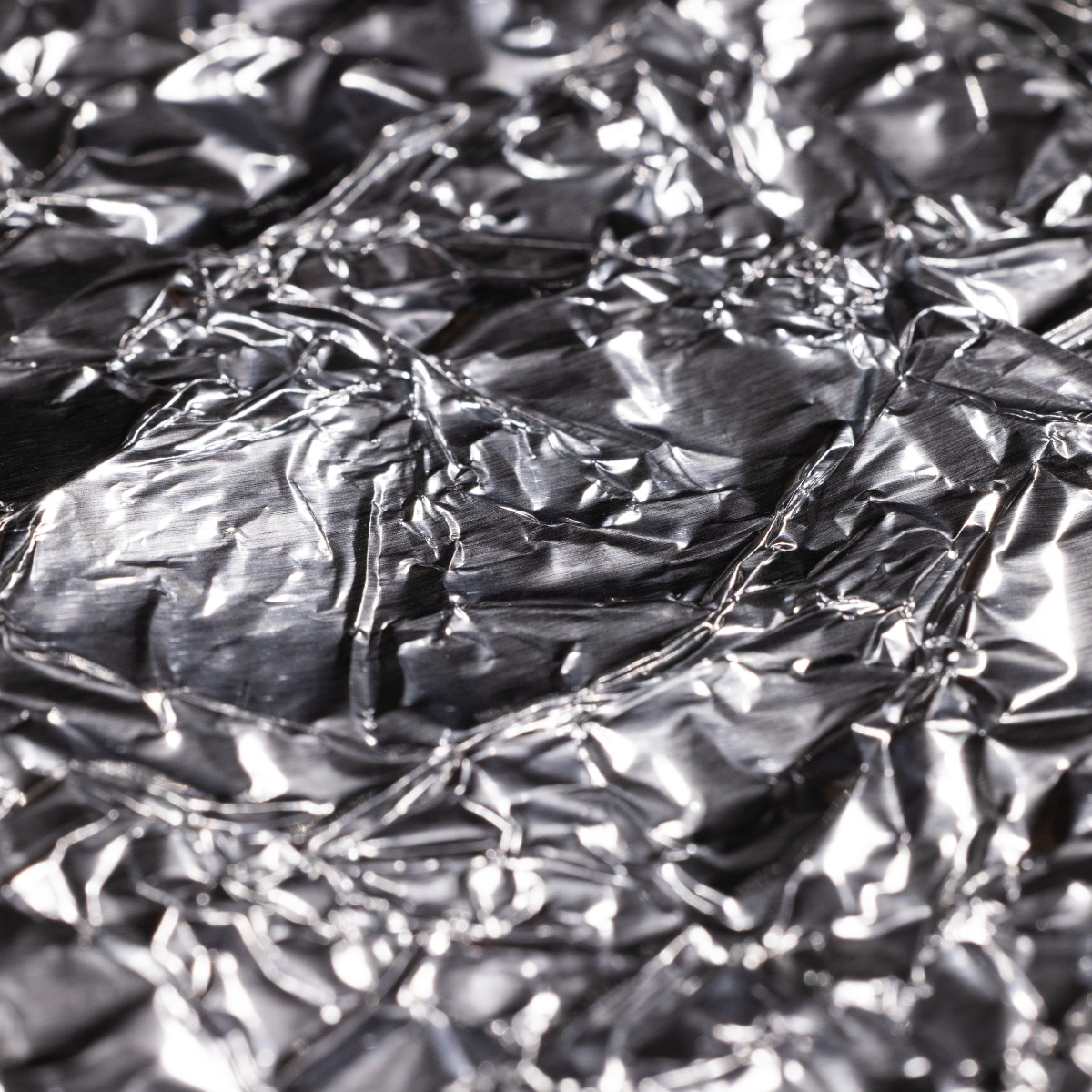In its process of developing a standalone solar cooking appliance (cooker), to address the challenges caused by traditional cooking methods and faced by rural communities in Africa, PURAMS is making some technical progress to adress its objective.
Indeed, DC electric pressure cookers can play a crucial role in improving access to clean cooking in rural communities in rural African communities. The solar-powered DC electric pressure cooker (EPC) developed by PURAMS can be a sustainable and cost-effective solution for cooking local foods in these areas. The cooker’s efficiency is dependent on many factors, including sun hours, battery capacity, panel efficiency, insulation properties, controls, and the size of the cooker.
PURAMS is working on optimizing the eWant DC EPC by MECS (Modern Energy Cooking Services) by enhancing its safety features and smoothening its load curve when power is drawn from the battery. Controlled cooking tests (CCTs) are being conducted by Strathmore University to ascertain how the DC cooker functions while cooking local foods. The time, energy, and heat are recorded using global LEAP testing protocols for CCTs, with particular attention given to the cooking efficiency and heat retention capabilities of the cooker throughout the cooking process.
The optimized cooker will combine the use of PTC (Positive Temperature Coefficient) elements and resistive coil heating elements enclosed in a hotplate, offering significant improvements to overall heating efficiency, resulting in faster and more efficient cooking. This project’s objectives and output feeds into Kenya’s, Rwanda’s and Mozambique’s clean cooking strategies, in which the project is being implemented. The Kenya National Clean Cooking Strategy, (KNCCS), Rwanda’s National Strategy for Access to Clean Cooking (NSACC) and Mozambique’s National Strategy for Access to Clean Energy (SNACE) are all set out to achieve universal access to clean cooking by the year 2030. The three countries are keen on promoting the use of cleaner and more efficient cooking technologies, such as improved cookstoves, biogas, and solar cookers.
By providing rural African communities with clean and efficient cooking methods, the solar-powered DC pressure cooker can help address the challenge of limited access to clean forms of cooking. With the rise of decentralized energy systems that help address energy access, it is essential to have appliances that are safe, affordable, and of good quality to be adopted into these systems.




